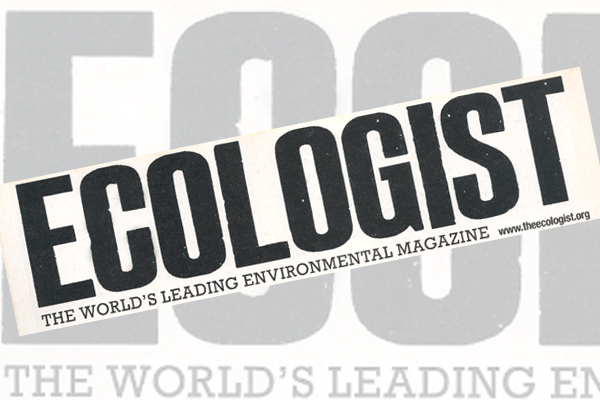A Wealth of Troubles – Book Review

Oliver James’ new book asks if we need a new definition of success to help us find happiness. Pat Thomas agrees
The concept of ‘affluenza’ did not originate with Oliver James. It has been in the psychological and sociological lexicon for more than a decade. There are websites devoted to it; TV programmes have been made about it. However it has for the most part been associated with American consumerism and the way the American Dream has become a red, white and blue psychosocial nightmare.
In essence, to be infected with affluenza is to be infected with a painful, contagious, socially transmitted condition of overload, debt, anxiety and waste, resulting from the dogged pursuit of more.
The criticism of the modern consumer lifestyle, however, goes much deeper than simply tut-tutting at the vulgar nature of materialism. It suggests that such a lifestyle makes us more vulnerable to psychological disorders and, in spite of the promises of advertisers, does not make us one iota happier. As James notes, people living in affluent countries such as America and Britain have the highest rates of mental illness in the world.
What this book does, through interviews with the affluent in the USA, UK, New Zealand and Australia as well as in Singapore, Shanghai, Moscow and Copenhagen, is show that the problem is endemic in most of the English-speaking world and won’t get better until we acknowledge how virulent it is and begin taking steps to protect ourselves from it.
The personal interviews around which much of the book is structured, while interesting, reveal nothing particularly new about the problem. Anyone with the eyes to see can find empirical evidence that in spite of having more, we are less happy than ever before. Endless stories of the world-weary wealthy don’t make this more true. Where James really shines is when he begins to talk about the solutions, or ‘vaccines’ – the antidotes that save us from the affluenza virus and its effects on our lives.
In the main, the affluenza ‘vaccines’ he proposes are common-sense concepts – build communities, learn to love yourself, love and engage with your children, avoid idolatry, broaden your view of what is beautiful and worthwhile, and learn to distinguish between needs and wants.
Such ideas echo the philosophy of Thoreau and, more recently, the concept of voluntary simplicity. But the writing is passionate and convincing; and by the time James reaches the final chapters, where he unashamedly becomes the verbose taxi driver of most of our nightmares, he presents a very engaging and personal case for what these more sustainable attitudes to life could actually mean to us personally and politically.
Most of us feel we have to choose between success and satisfaction. It is the neurotic drive that forces most of us to get up each morning and engage in work that does not fulfil us so that we can buy things that don’t make us happy (at least, not for very long).
What this book reinforces, through intelligent analysis, is that such a choice is only necessary when you define success by external cues such as the car you drive or the size of your mortgage or your breast implants. Redefined as being happy within yourself and genuine in your relationship with your community, your family and friends and to the work you do, success is not only attainable, it is sustainable.
- This review first appeared in the April 2007 edition of the Ecologist.












